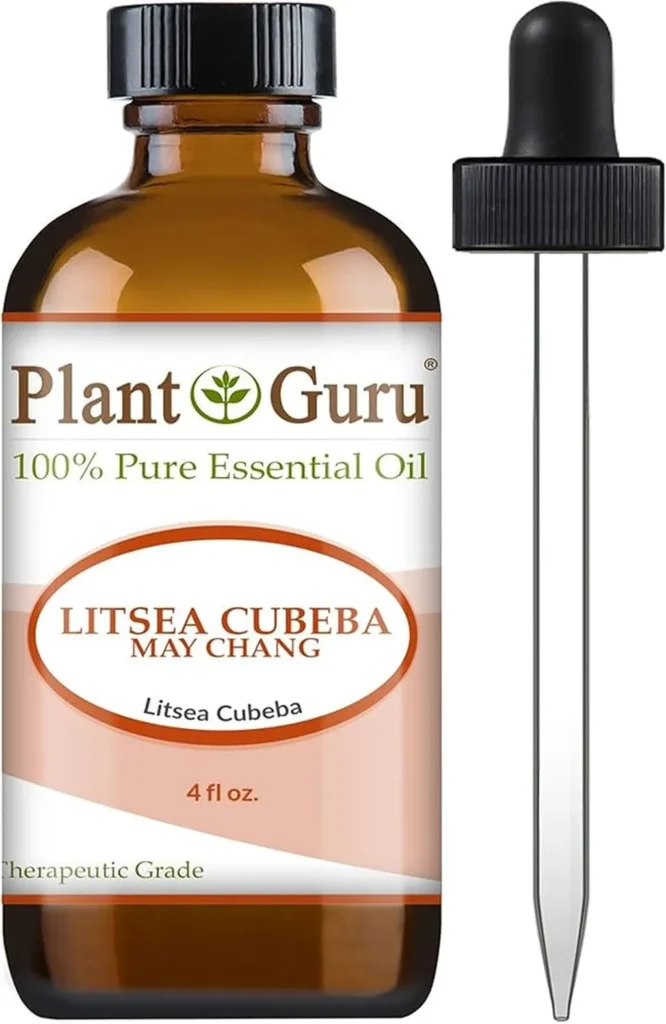In the quest for sustainable agricultural solutions, researchers have uncovered a promising alternative to conventional fungicides. A recent study published in the *Journal of Chemistry* reveals that the essential oil derived from the fruits of Litsea cubeba exhibits potent antifungal properties against Fusarium verticillioides, a pathogen that poses significant threats to crops. The findings, led by Kai-Wen Wu from the College of Plant Protection, suggest that this natural extract could revolutionize crop protection strategies.
Fusarium verticillioides is a notorious fungus that infects a wide range of crops, including maize, leading to substantial yield losses and economic damage. Current control measures often rely on synthetic fungicides, which, while effective, raise concerns about environmental impact and potential resistance development in fungal populations. The essential oil of Litsea cubeba, however, offers a more sustainable approach.
The study demonstrates that the essential oil of Litsea cubeba has an EC50 value of 0.122 μL/mL, making it nearly as effective as the synthetic fungicide methyl thiophanate, which has an EC50 of 0.108 μL/mL. Importantly, at equivalent concentrations, the essential oil shows a 31.13% higher inhibitory efficiency than methyl thiophanate. “This higher efficiency not only highlights the potential of Litsea cubeba essential oil as an effective antifungal agent but also underscores its eco-friendly nature,” notes Wu.
The research delves into the multifaceted mechanisms through which the essential oil exerts its antifungal effects. It disrupts cellular integrity and membrane architecture, accumulates reactive oxygen species (ROS), damages DNA, elevates malondialdehyde (MDA) levels, and alters membrane permeability. Transcriptomic analysis further reveals that the essential oil disrupts fungal oxidative homeostasis and modulates protective enzymes, leading to programmed cell death.
These findings are particularly significant for the agriculture sector, which is increasingly seeking sustainable and environmentally friendly solutions to pest and disease management. The essential oil of Litsea cubeba could provide a viable alternative to synthetic fungicides, reducing the environmental footprint of agricultural practices while maintaining crop yields.
The commercial implications are substantial. Farmers could benefit from a natural, effective, and sustainable antifungal agent that does not contribute to environmental degradation or resistance development in fungal populations. Additionally, the agricultural industry could explore the potential of Litsea cubeba essential oil in developing new formulations and products tailored to specific crop protection needs.
As the global push for sustainable agriculture intensifies, research like this paves the way for innovative solutions that align with environmental and economic goals. The study’s findings, published in the *Journal of Chemistry* and led by Kai-Wen Wu from the College of Plant Protection, offer a glimpse into the future of crop protection, where natural extracts could play a pivotal role in ensuring food security and environmental sustainability.
This research not only highlights the potential of Litsea cubeba essential oil as an antifungal agent but also sets the stage for further exploration into plant-based alternatives in agriculture. As the scientific community continues to uncover the multifaceted benefits of natural extracts, the agriculture sector stands to gain significantly, paving the way for a more sustainable and resilient future.

